Introducing this year’s evening lecture of the MGH and the Historische Kommission at the Bayerische Akademie der Wissenschaften on March 6, 2024, MGH president Prof. Dr Martina Hartmann remarked with tongue in cheek that the speaker was „ahead of his time,“ alluding to the fact that the topic of the speech, women in Ekkehart IV’s Casus Sancti Galli, would have been most apt for International Women’s Day two days later on March 8.
Indeed, Prof. Dr Ernst Tremp, who recently published a new edition of Ekkehart IV’s St. Gall Chronicle (Casus Sancti Galli), focused on the depictions of women in the 10th-century narratives of the history of the famous Benedictine monastery as recorded by the learned schoolmaster of the St. Gall monastery school around the middle of the 11th century. Tremp began with a scene, from which he derived the title of his lecture: „Fortunatę qui tam pulchram discipulam docere habes grammaticam“. As he explained, Ekkehard intentionally cited this puzzlingly incorrect vulgar Latin phrase to make its speaker appear poorly educated – quite in contrast with some of the female figures in his history, such as Empress Adelheid, whom Ekkehart prized as „litterissima“, most highly educated, an epithet that none of the many male scholars earned.
As Tremp related, he himself was surprised by the range and number of episodes featuring women in Ekkehart IV’s account of life in the male monastery St. Gall. The audience heard of women in diverse roles as scholars, in marriage and family life, as widows, unmarried women, pious ladies, saintly recluses, female servants and, last but not least, the topic of women and eroticism.
In sum, it was an entertaining time trip 1000 years back in the past!





